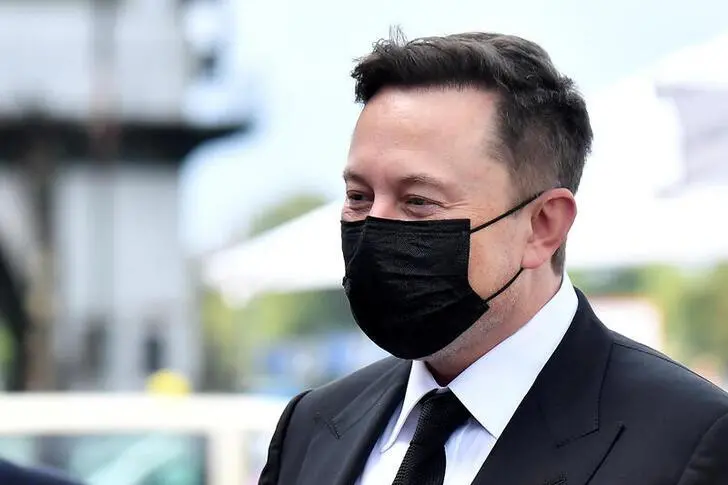PHOTO
(The author is a Reuters Breakingviews columnist. The opinions expressed are his own.)
MELBOURNE - Bitcoin has just lost one of its most high-profile cheerleaders. Tesla Chief Executive Elon Musk on Wednesday tweeted that the electric-car maker is suspending taking the cryptocurrency as payment for its vehicles, citing the “rapidly increasing use of fossil fuels, especially coal” to mine it and pay with it. Musk is right. But his decision reveals more about his company than it does about bitcoin.
Anyone slightly familiar with the industry could have told Musk that bitcoin generation sucks up a massive amount of dirty energy. The latest figures from the Centre for Alternative Finance at Cambridge University study shows miners currently use 147 terawatt-hours on an annualised basis - roughly half the United Kingdom’s annual power consumption. Renewable energy sources, mostly hydropower, account for only 39% of their total usage.
Yet the self-anointed “Technoking” of a company that aspires to accelerate the adoption of zero-emission energy was either ignorant or dismissive of these facts when he decided to accept bitcoin payments three months ago. Finance officer-cum-“Master of Coin” Zachary Kirkhorn also signed on. On Tesla’s first-quarter earnings call he explained the company had converted $1.5 billion of cash into bitcoin as a way to earn easy, low-risk returns. That betrays a terrifying complacency about bitcoin’s notorious double-digit daily volatility.
The flipflop strongly suggests that Tesla’s oversight of its boss and largest shareholder remains as lax as in the bad old days, despite U.S. financial regulators’ efforts. In the past Musk routinely over-promised and under-delivered on car production figures. He engineered a questionable rescue of his cousin’s solar-panel company in 2016. Two years after that he tweeted that he was mulling taking the company private, a crass violation of securities laws. That cost him a $20 million fine and the chairmanship.
A supine board packed with friends and family enabled such behaviour. Its mix has changed somewhat since to include qualified outsiders like Hiro Mizuno, former investment chief at Japan’s Government Pension Investment Fund. Yet clearly the new configuration has not quite reined Musk in. It’s a worrying sign.
CONTEXT NEWS
- The price of bitcoin fell as much as 13% on May 12 after Tesla Chief Executive Elon Musk tweeted that the electric-car maker will cease accepting it as payment for its vehicles. “We are concerned about rapidly increasing use of fossil fuels for Bitcoin mining and transactions, especially coal,” he said.
- Tesla will lift its ban “as soon as mining transitions to more sustainable energy.” Musk also wrote that the company is looking at other cryptocurrencies that use less energy.
- Tesla reported on Feb. 8 that it had bought $1.5 billion-worth of bitcoin and expected to start accepting it as payment “in the near future.” The company then sold roughly a tenth of its holding to register a $101 million pre-tax gain in the first quarter. In his tweet on May 12 Musk also said Tesla would not be selling its remaining bitcoin.
(The author is a Reuters Breakingviews columnist. The opinions expressed are his own.)
(SIGN UP FOR BREAKINGVIEWS EMAIL ALERTS http://bit.ly/BVsubscribe | Editing by Pete Sweeney and Katrina Hamlin) ((antony.currie@thomsonreuters.com; Reuters Messaging: antony.currie.thomsonreuters.com@reuters.net))





















